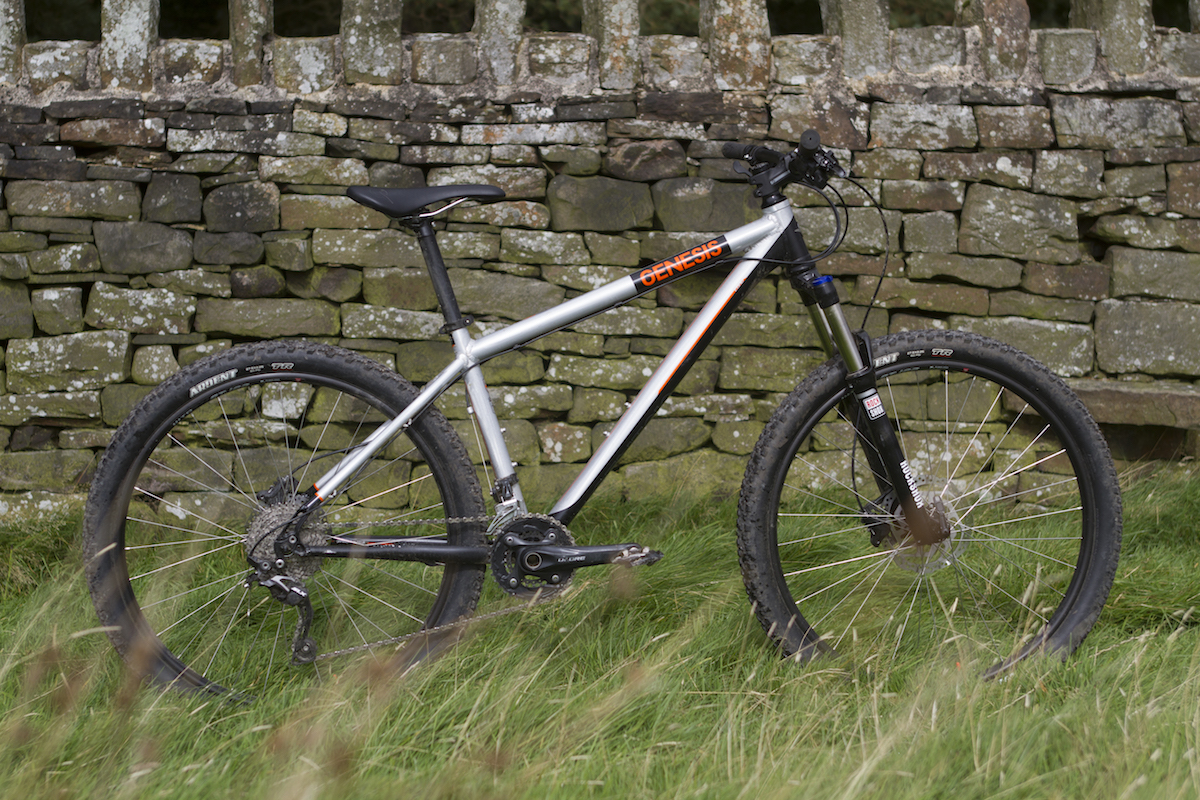Rewind to the Humble Hardtail group test in Issue #109 of Singletrack Magazine, for Wil’s review of the Genesis Core 30.
Celebrating its seventh birthday in 2017, the Core fulfills the role of entry level cross-country bike in the Genesis line-up. The latest edition was introduced in 2016, and it features a redesigned alloy frame that’s built around 27.5in wheels and modern trail-oriented geometry.

The overall goal with the Core range was for Genesis to build a hardtail that is responsive, planted and fun to ride. But while the British brand’s designers see the Core range as being most riders’ first foray into mountain biking, they also wanted to create a bike that would be sufficiently stable when being pushed by more enthusiastic riders.
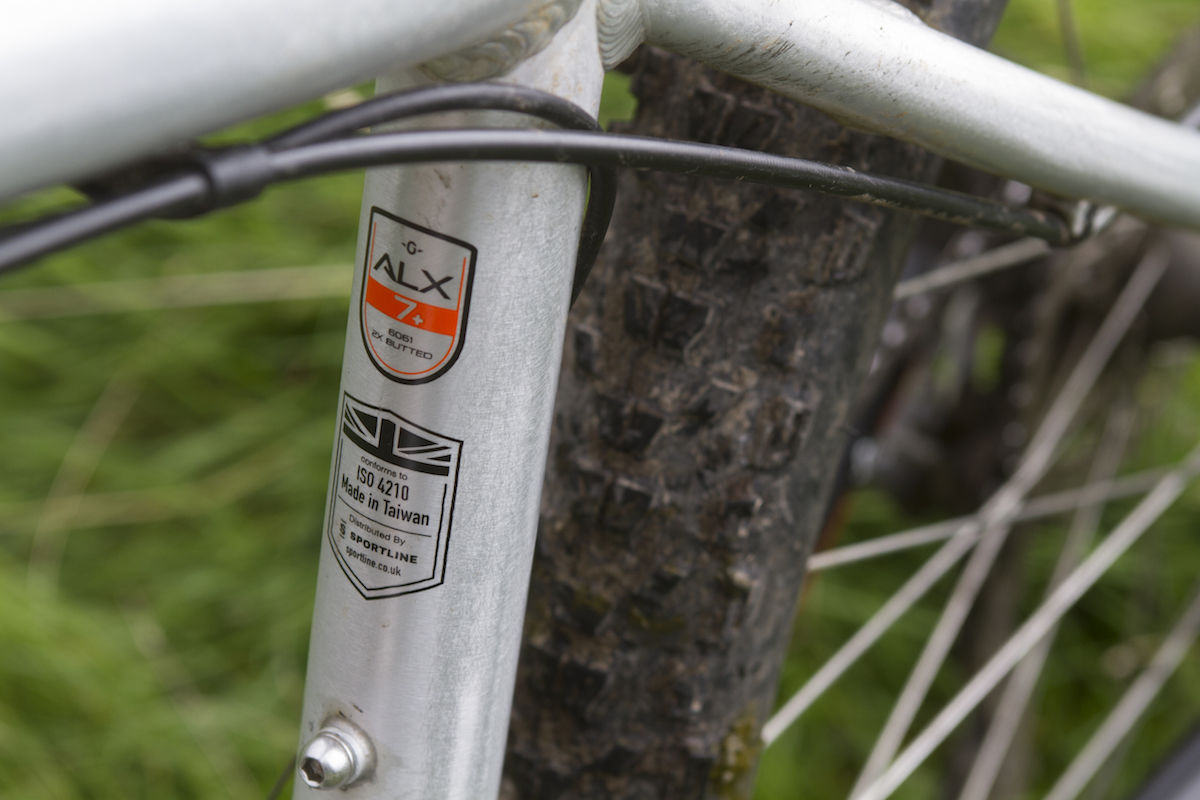

Take a look at the Core’s numbers on paper, and you’ll start to see what Genesis is on about. The Core’s geometry has clearly been inspired by modern short-travel trail bikes, with a long front centre and short 42.9cm chainstays. The 68° head angle isn’t the slackest on test, but the long 62.1cm top tube length (on our medium frame) has the desired effect of pushing the front wheel way out in front of you. Along with the low bottom bracket height, the Core does well to mirror the long-and-low vibe of its pricier fully suspended cousins.
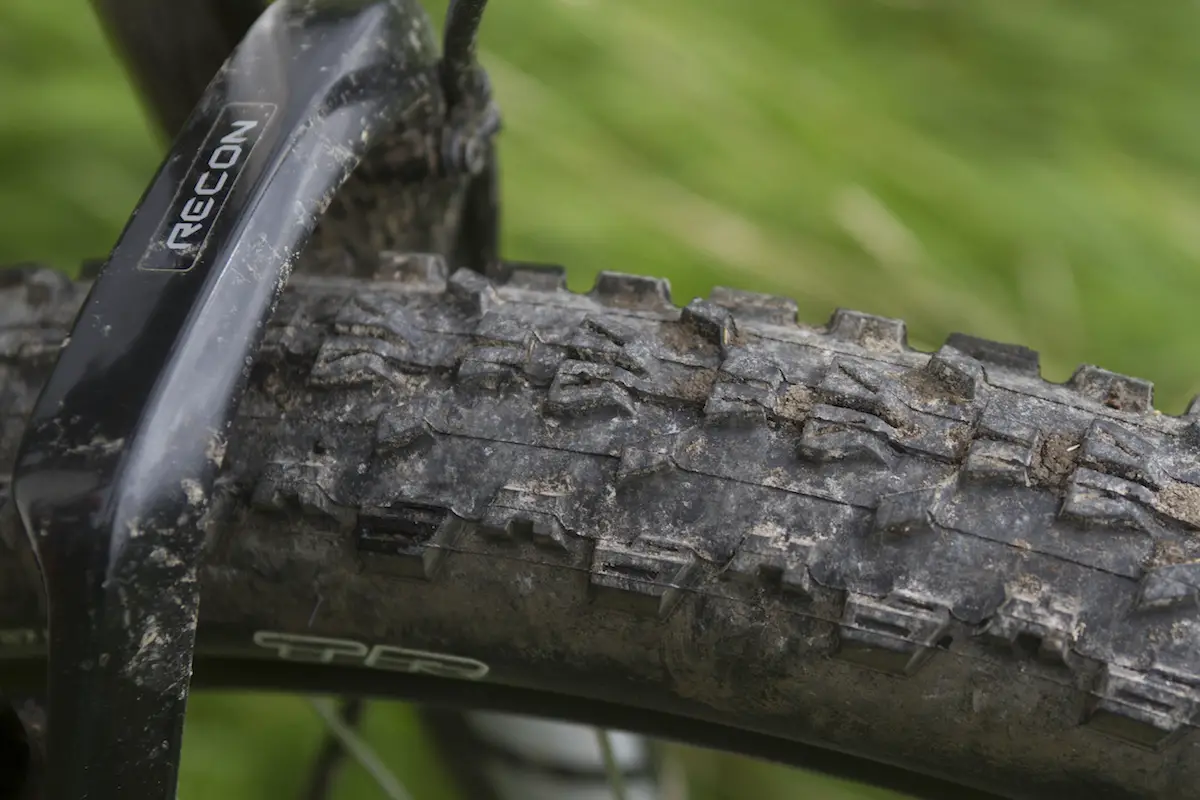
As the top spec option in the three-tier Core range (and the priciest bike on test), the Core 30 comes with some significant upgrades over our two other test bikes. The biggest of which is the tubeless compatible wheelset from WTB, which comes with tubeless rim tape pre-installed.
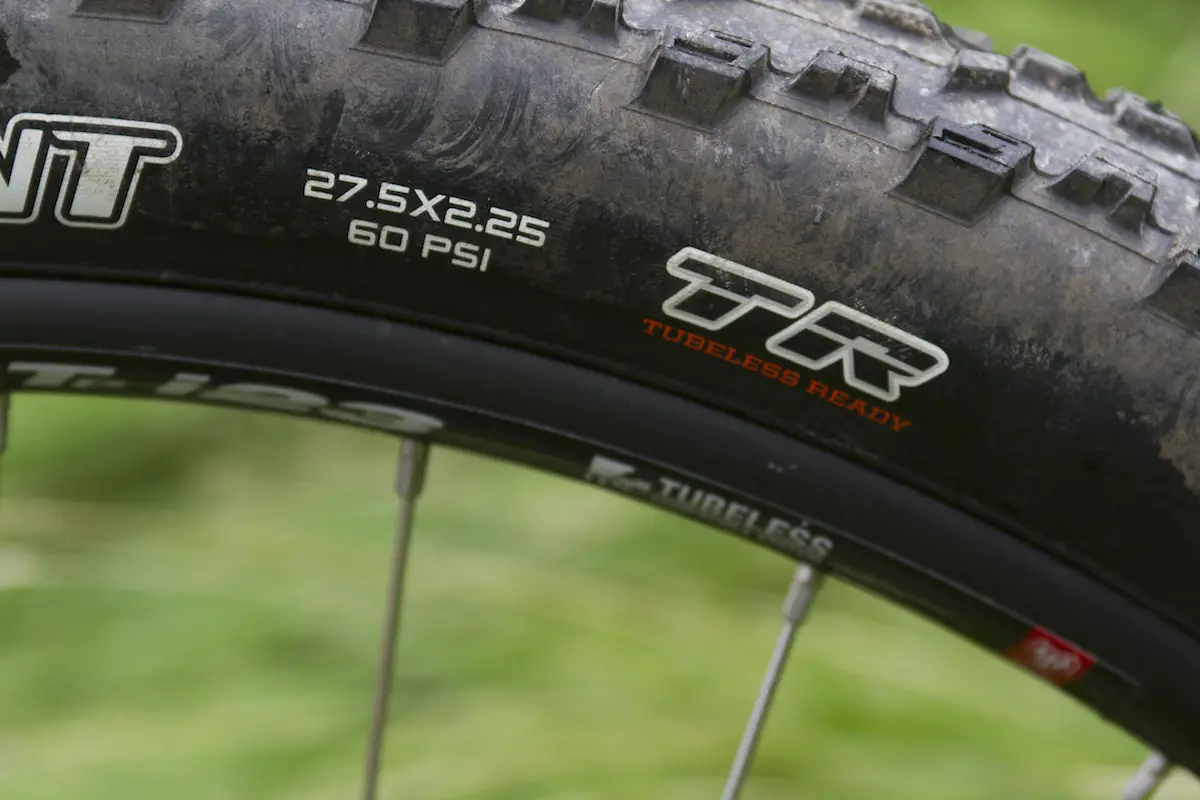
That means all you require is a pair of tubeless valves and some liquid sealant, and you’ll be able to say adios to the inner tubes. Aside from lowering rotational weight by over 400 grams, you’ll be able to run lower pressures for more traction and more comfort, while also drastically reducing the chance of getting punctures.
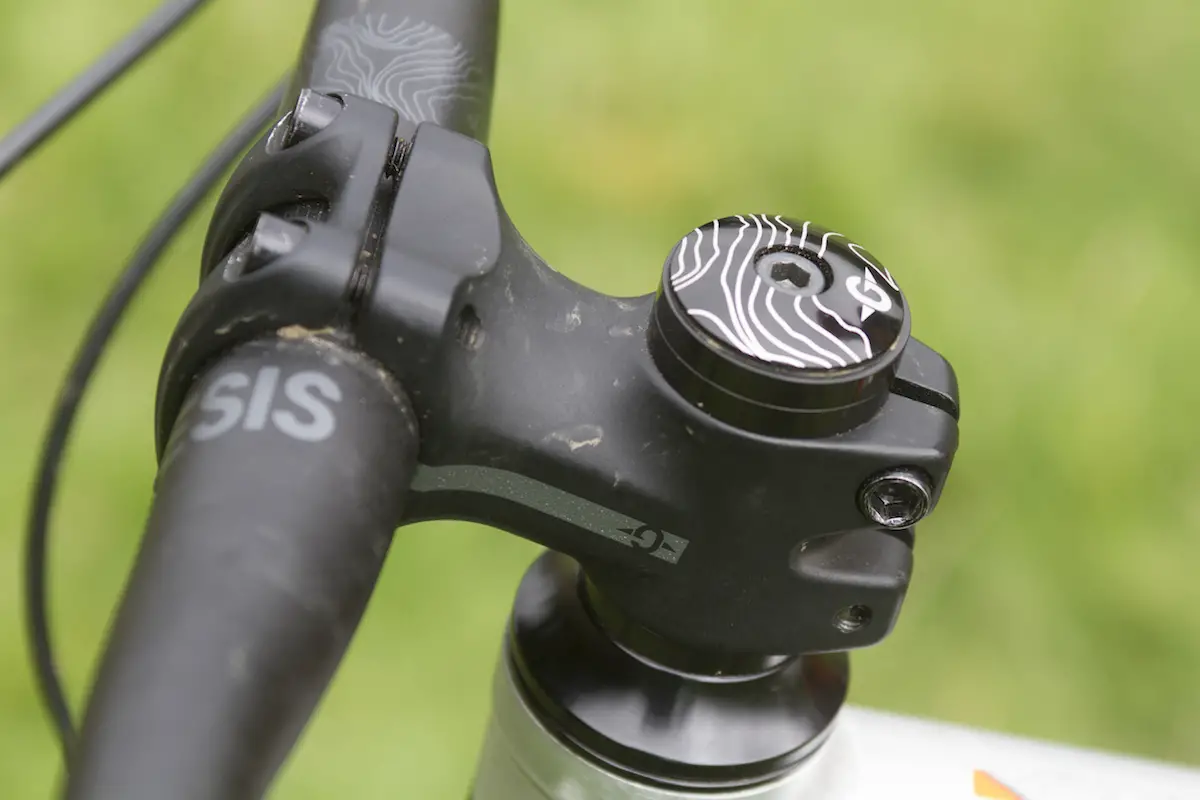
The drivetrain comprises a bulletproof Shimano 2×10 set-up, which includes the brilliant Deore two-piece crankset and a threaded external bottom bracket. The SLX derailleur is equipped with a Shadow Plus clutch mechanism, which helps to minimise chain bounce for a quieter and smoother ride. Also of note are the excellent M425 disc brakes, which are easily the most powerful on test and offer more piston rollback for added pad clearance.

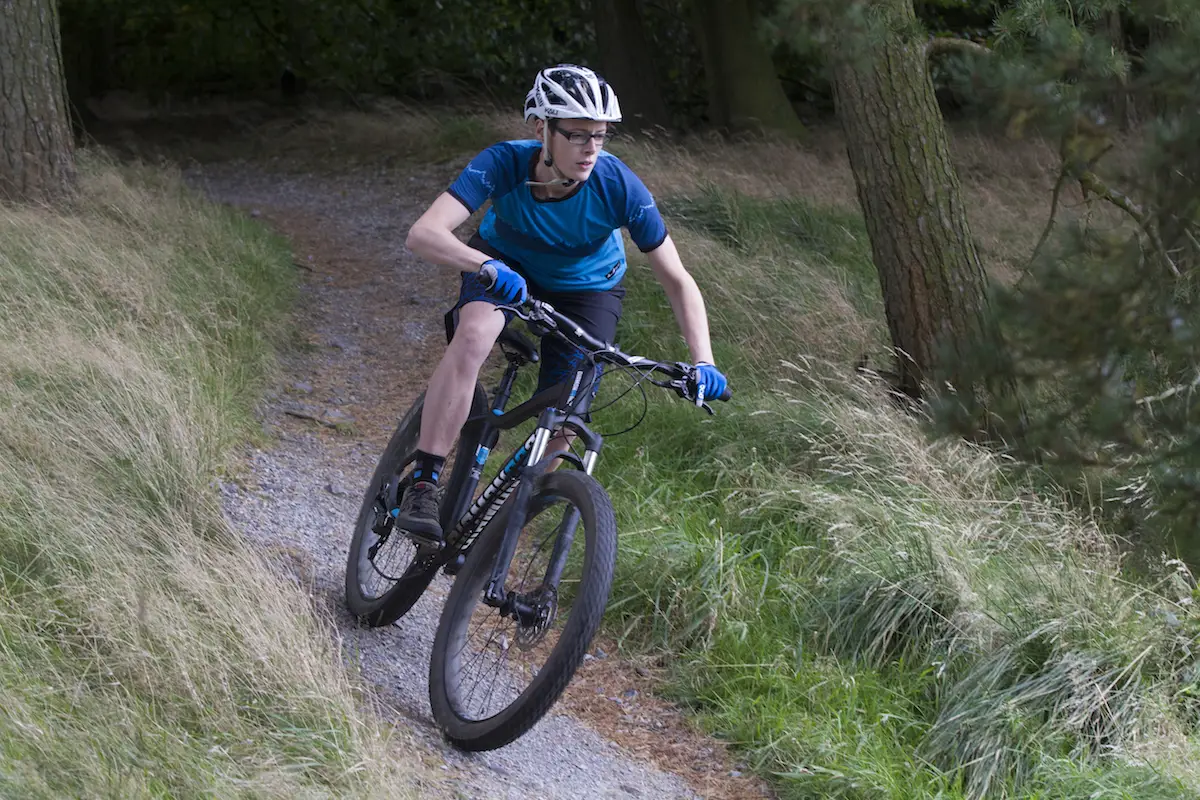
Adding adjustability and lowering weight on the front, the RockShox Recon TK fork features a Solo Air spring. This means all you need is a standard shock pump to adjust the fork to your weight and riding style. Being a RockShox fork, it’s also easy to service and maintain in the long run.
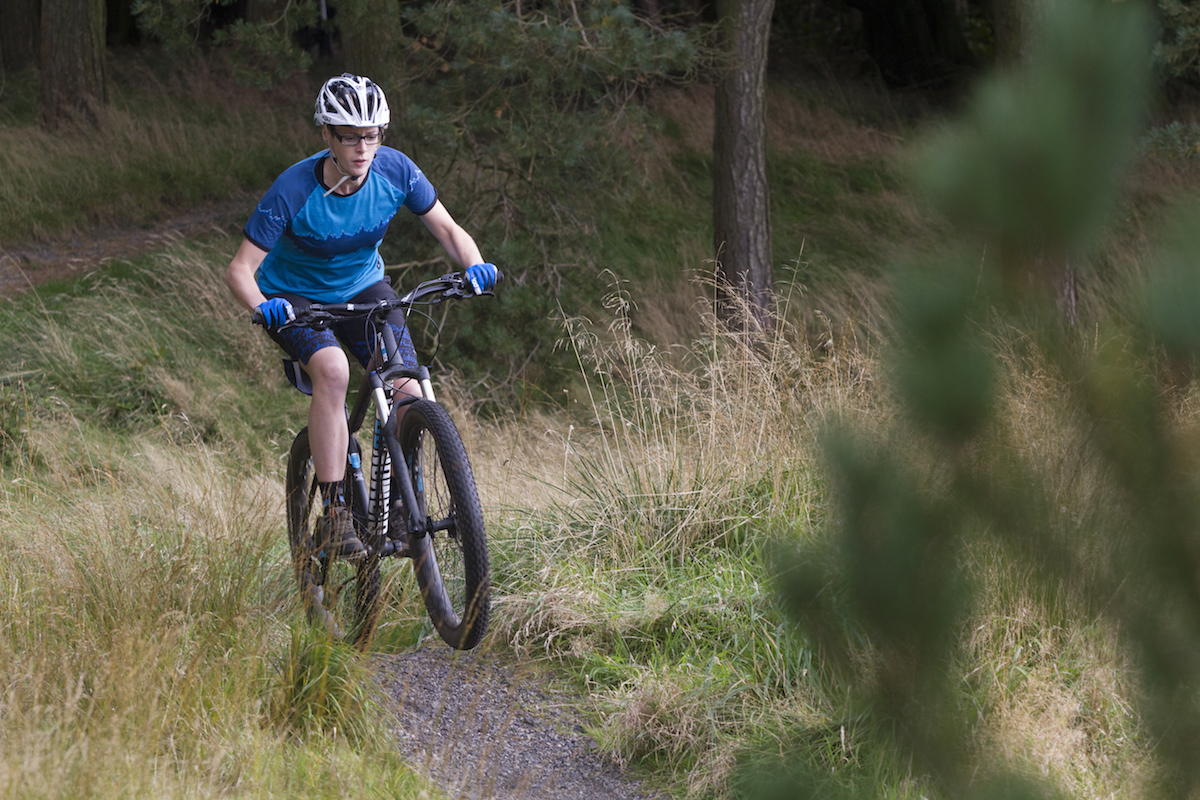
The Ride
It must be said that Genesis has the cockpit absolutely dialled on the Core 30. Some entry-level bikes tend to feel like they’ve been designed solely on a spreadsheet, with great-looking components but a ride quality that leaves a lot to be desired. Not the Core 30, however. This is a bike that has clearly had some significant R&D time put into it by people who love to ride.
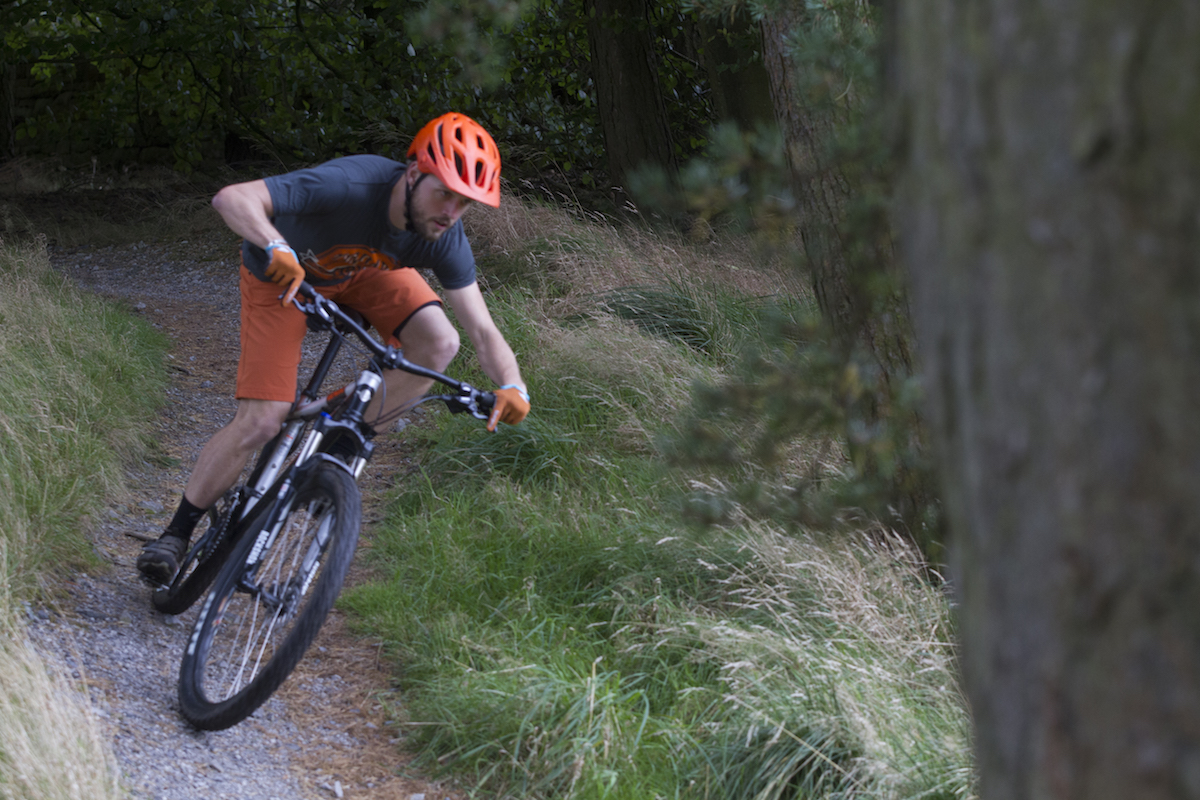
The contact points are comfortable, and I dug both the diameter and the knurled pattern on the thin, single clamp lock-on grips. To rein in the frame’s long front centre, Genesis has paired a 740mm wide low-rise handlebar to a stubby 60mm stem. This helps to keep the steering responsive, and it gives the Core 30 a nippy feel when threading through tight singletrack.
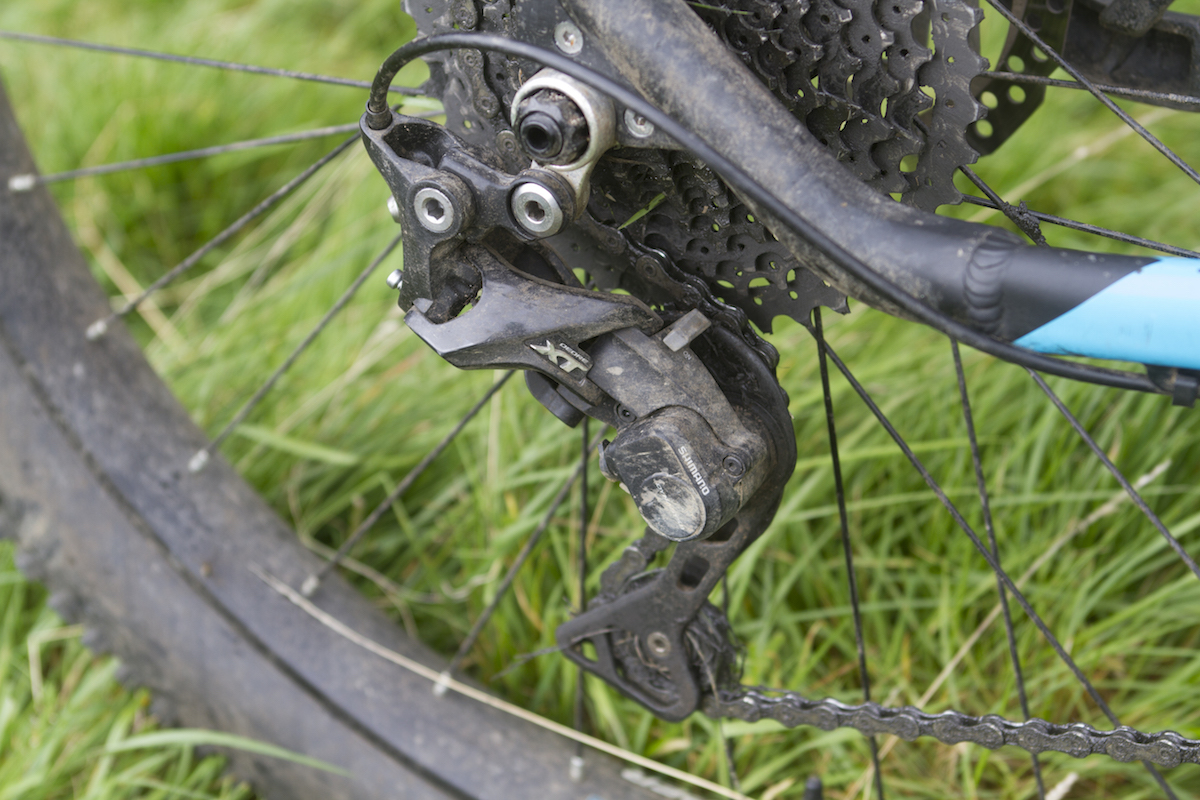
As the lightest bike on test, the Core 30 is also the easiest to get moving. Its smaller 27.5in diameter wheels give it a peppy and enthusiastic feel on the trail, with handling that is intuitive and playful. The short and stiff chainstays provide solid power transfer, and they also allow you to pop the front wheel up with ease. I have little panache when it comes to pulling off manuals, but the Core 30 was more than willing to help me get the front wheel off the ground whenever requested.


While the rigid alloy frame makes the Core 30 a fast and agile bike through the turns, it also means that more trail feedback is fed through the contact points. I ran the 2.25in wide Maxxis tyres between 20–22 psi (with inner tubes), but the Core 30 definitely had the firmest ride overall. It also features a more forward-leaning riding position than the upright Diamondback, which some riders will prefer, and others less so.
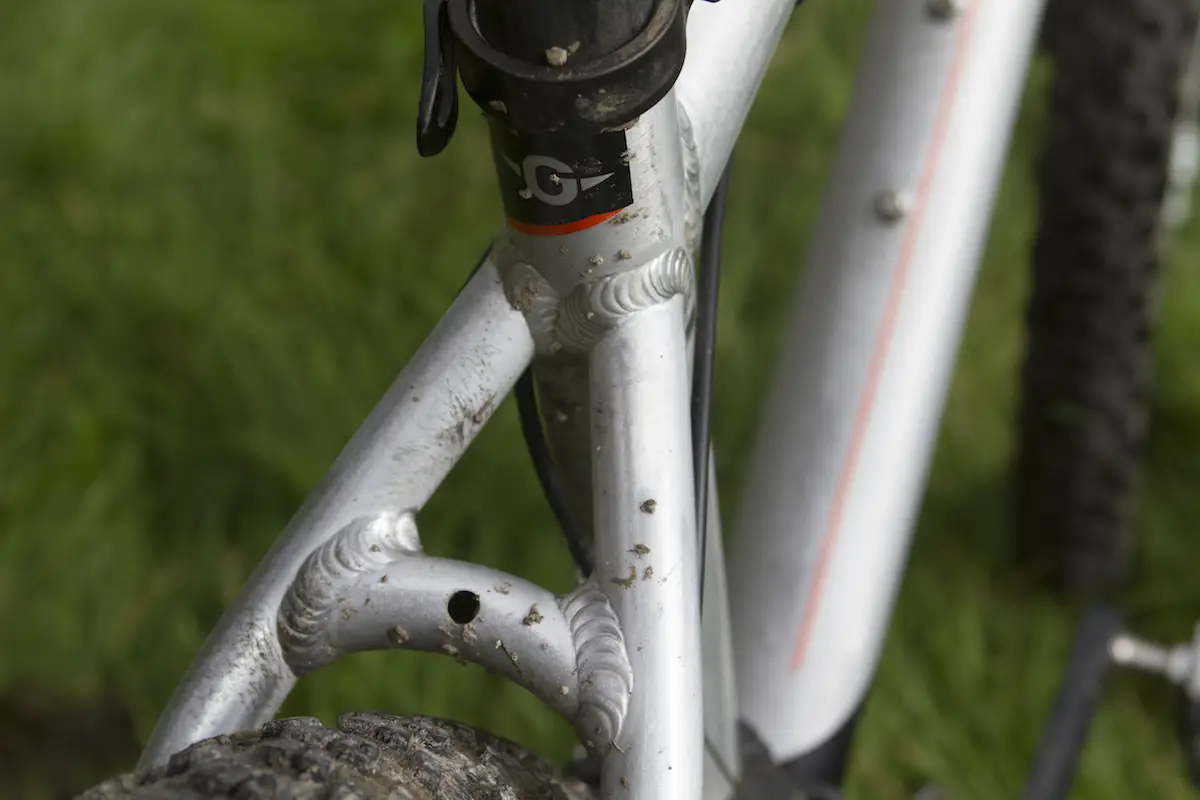
Although I normally wouldn’t lament the lack of a dropper post on a sub-£1,000 hardtail, Diamondback proved that it is possible to spec one in this price range with the Heist 3.0+. For the latter part of the test period, I did bolt an externally routed dropper on (the Core frame won’t accommodate a stealth dropper), and the Core 30 was that much better for it. So bear that in mind as a potential future upgrade.
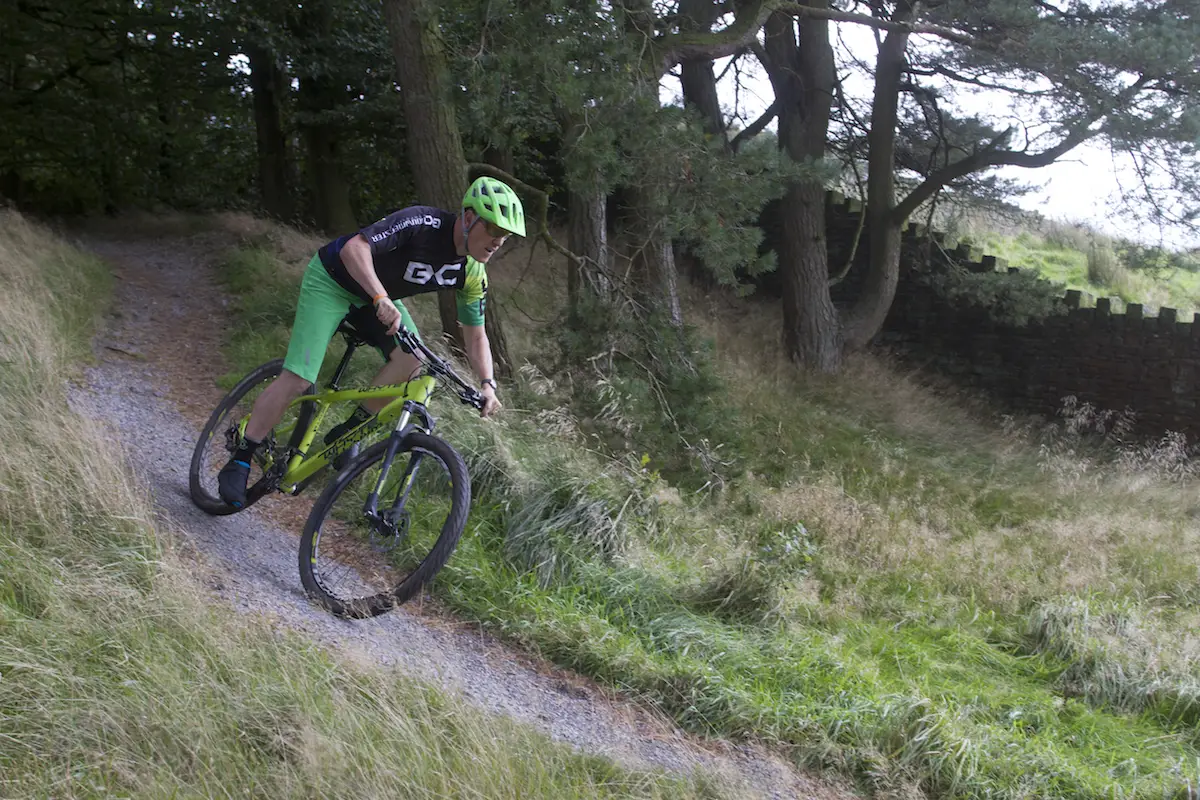
Overall
The Core 30 shows just how beneficial modern trail geometry can be for an entry-level hardtail. It is nimble, agile and easy to flick about on the trail, and it’ll encourage you to seek out the jump lines at your local trail centre. The stiff and responsive frameset delivers a thoroughly engaging ride, and with few quirks in its handling, you never feel as if you have to adapt to the Core 30’s riding position. For more experienced riders who already own a full suspension trail bike, the Core 30 also stands as an excellent choice for a dedicated winter bike.
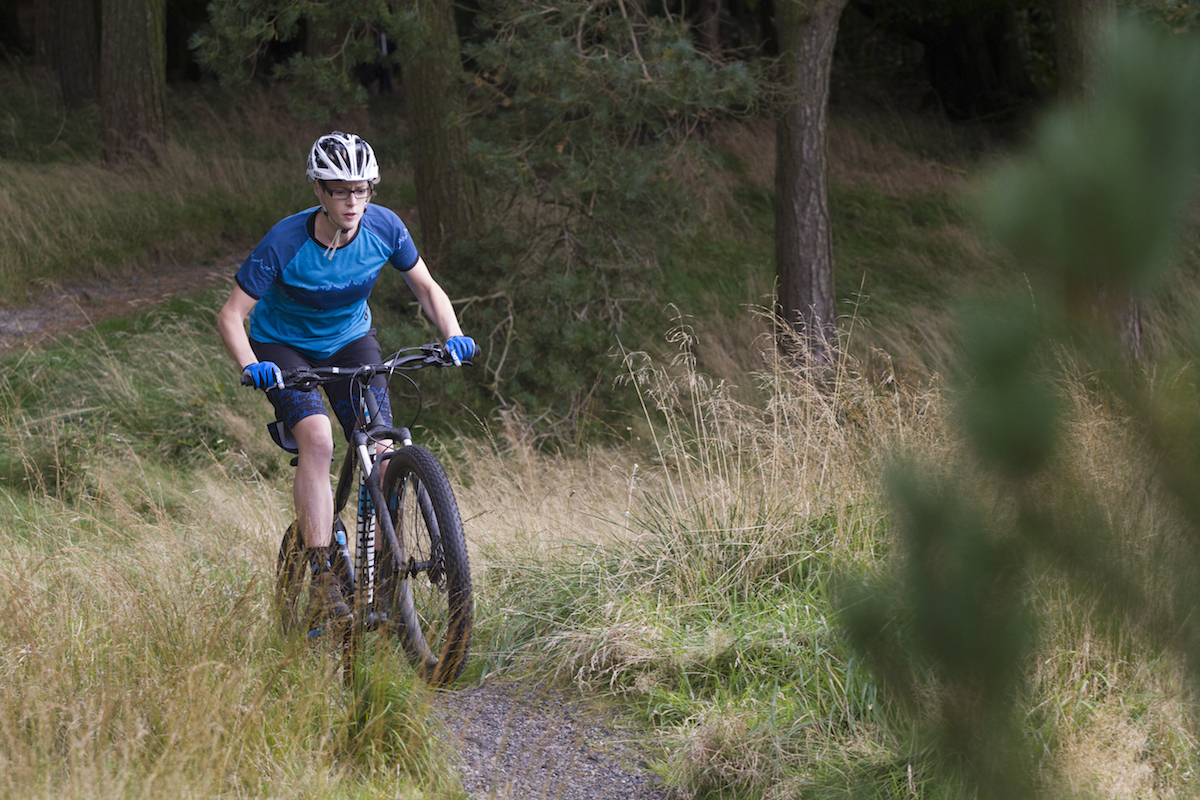
Genesis Core 30 Specifications
- Frame // ALX7+ 6061 Double-Butted Alloy
- Fork // RockShox Recon TK SoloAir, 120mm, Tapered, 15mm Thru-Axle
- Hubs // Shimano M618, 32h
- Rims // WTB STP i23 TCS
- Tyres // Maxxis Ardent 27.5×2.25in Tubeless Ready
- Chainset // Shimano Deore 38/24T
- Front Mech // Shimano Deore
- Rear Mech // Shimano SLX Shadow Plus
- Shifters // Shimano Deore, 2×10 Rapid Fire
- Cassette // Shimano Deore, 11-36t
- Brakes // Shimano M425, 180/160mm Rotors
- Stem // Genesis 60mm
- Bars // Genesis Alloy 740mm Wide, 15mm Rise
- Grips // Genesis Lock-On
- Seatpost // Genesis Alloy 30.9mm
- Saddle // Genesis MTB
- Size Tested // Medium
- Sizes available // XS, S, M, L, XL
- Weight // 25.9lb (11.79kg)

